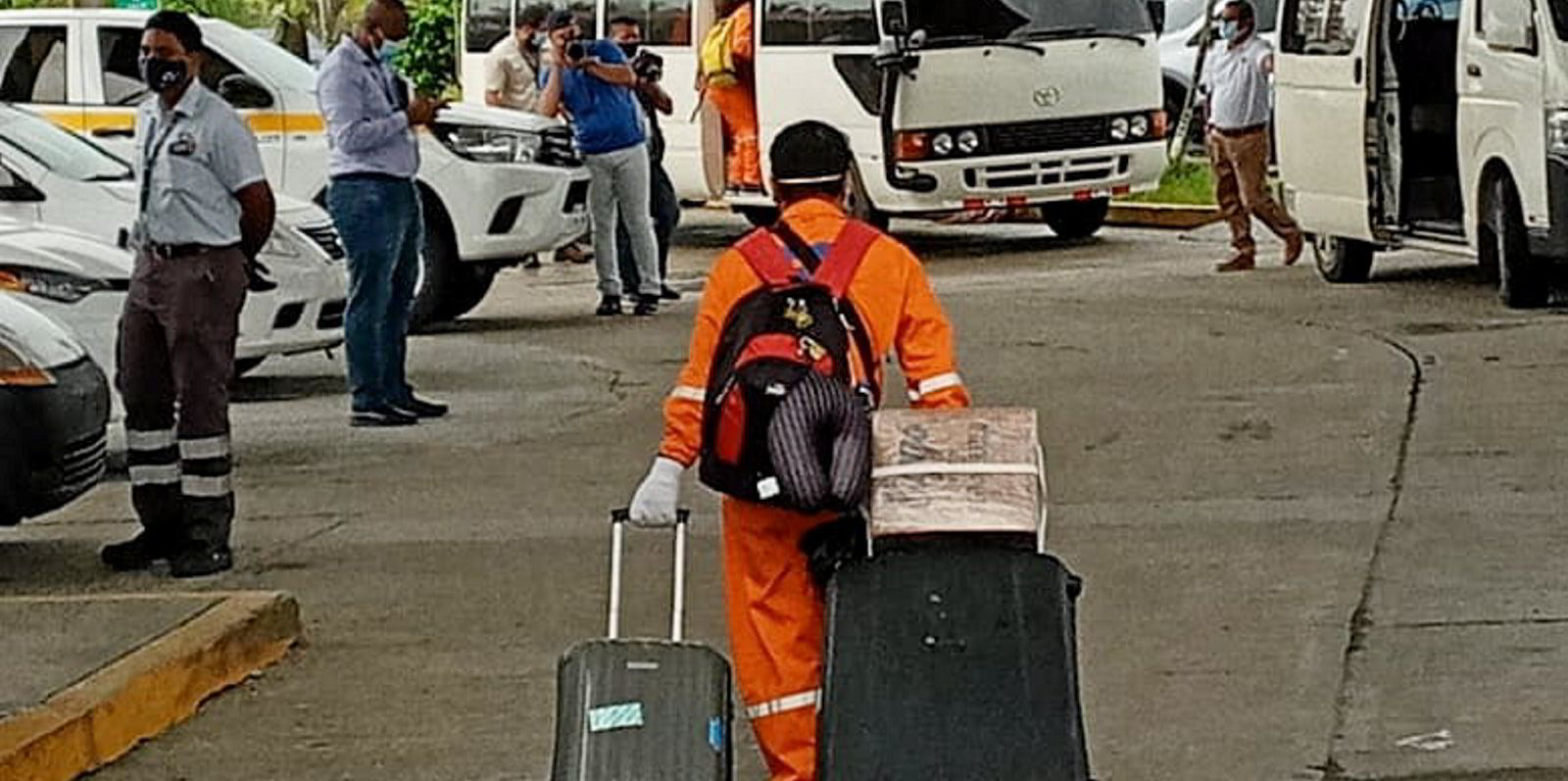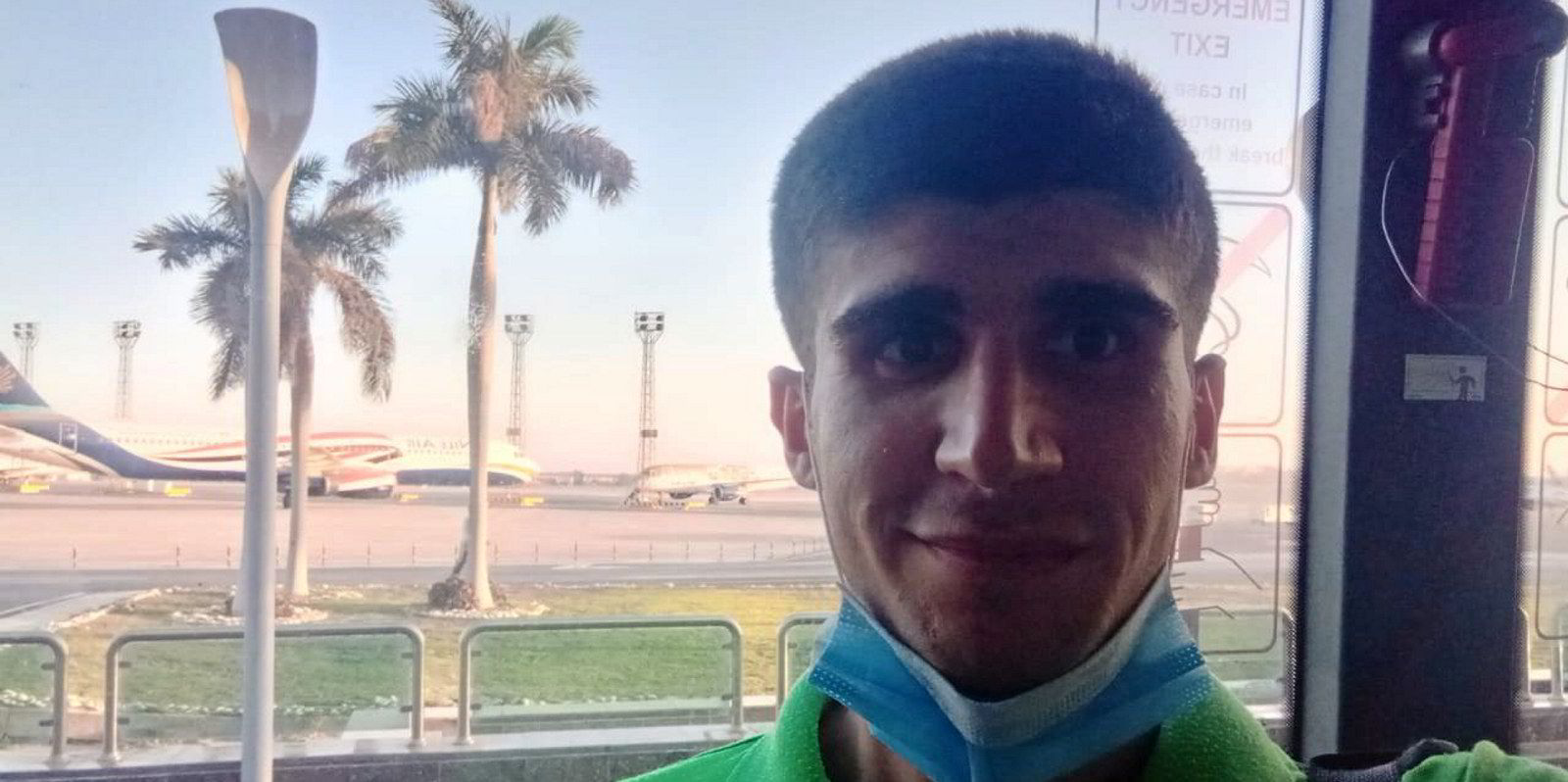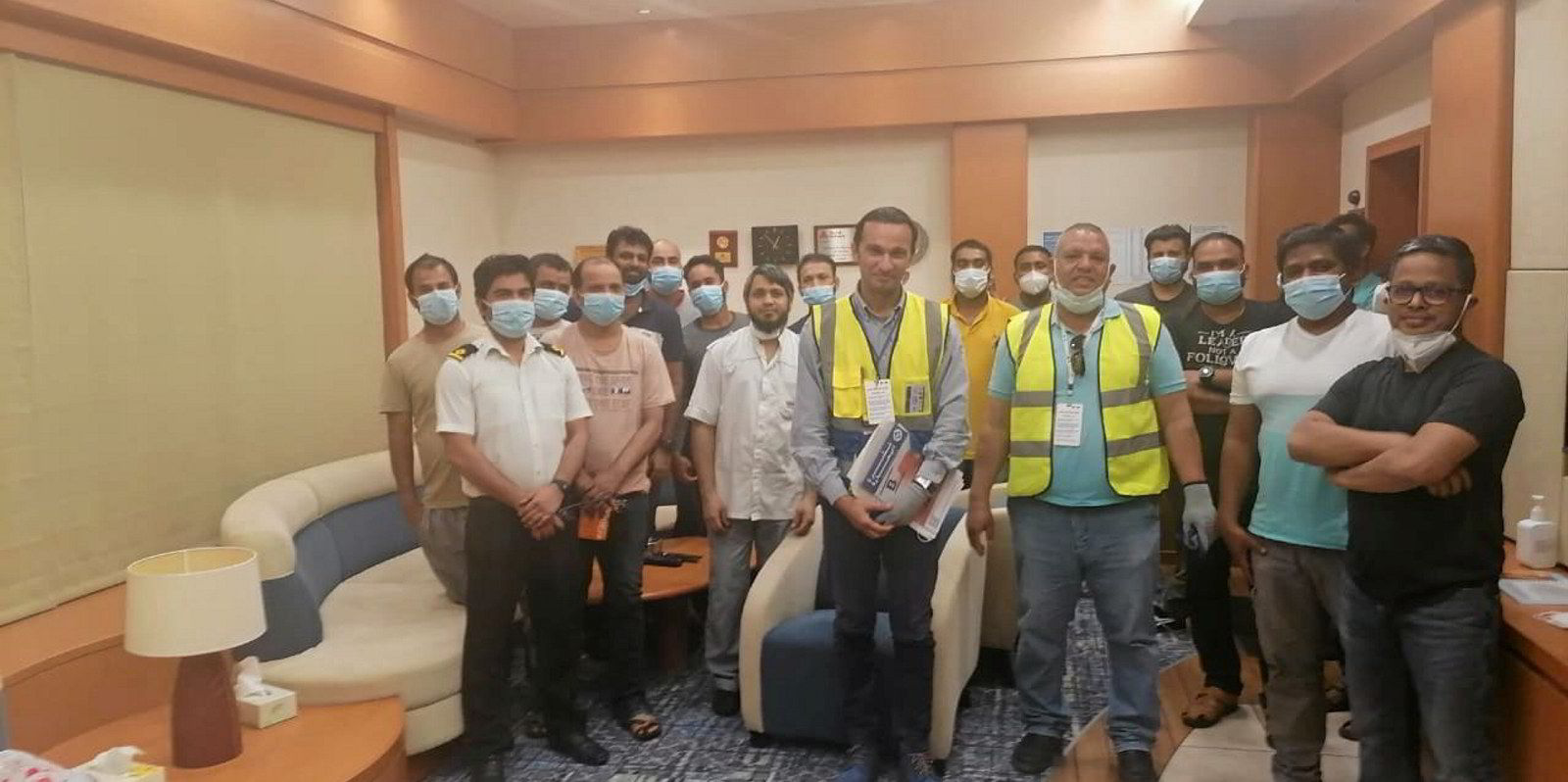Pay talks on setting a new minimum wage for seafarers at the International Labour Organization (ILO) have broken down.
Representatives for the shipowners' side said in a press release late on Tuesday that labour representatives rejected their proposal to increase the minimum wage by an aggregate 3% over three years, bumping the compensation floor for crews from $641 per month to $660 by 1 January 2024.
Seafarers' organisations have not issued a statement on the matter yet. However, in a tweet, Nautilus International secretary general Mark Dickinson called shipowners' proposal "an 11th hour-offer of a pay cut".
Shipowners, on the other hand, said their offer was "generous" at a time in which many shoreside workers have to cope with pay freezes and layoffs amid the global crew-change crisis.
Natalie Shaw, employment affairs director at the International Chamber of Shipping (ICS),said: "Unfortunately, the seafarers’ representatives rejected a generous offer from the shipowners in these unprecedented times.
"We went further than we had anticipated but the offer was still rejected."
Shipping is the only industry with a global minimum wage, with shipowners and seafarers meeting periodically since 1920 to discuss the matter.
The latest round of talks took place at the ILO's Joint Maritime Commission in Geneva, Switzerland, on 26 and 27 April.
Shipowners said that, according to ILO rules, the breakdown of the talks means that able seafarers will now not be entitled to any rise in their minimum wage for two years.
However, they added that they "remain open to discussing the minimum wage with the unions in an effort to seek an early resolution".
According to a draft list of participants at the wage talks, seafarers were represented by Nautilus International and national seafarers' associations from the Philippines, India, Canada and Russia.
Shipowners were represented by officials from the Philippines, Greece, Japan, Germany, the Netherlands and Switzerland.
The Covid-19 pandemic has hit seafarers hard.
At the height of the crew-change crisis, as many as 400,000 personnel were stuck aboard their ships, as countries were reticent to allow overworked seafarers to go home and fresh crews to embark. In recent days, an outbreak in India has again put restrictions on crew changes.
That number has been halved in recent months, but seafarers — many from developing countries — could be prevented from entering certain countries if so-called vaccine passports are enacted.
Some in the industry have warned that seafarers would begin looking for new work rather than returning to sea over a perceived lack of regard for their work.
One way would be priority vaccination for seafarers, which a handful of United Nations agencies, including the ILO and the International Maritime Organization, have advocated.
However, progress is so slow that it frustrates many.
“Global organisations have talked their way round in circles and still we are no further forward in providing a vaccination programme for seafarers who are vital in ensuring that world trade and aid continues to be delivered," Intermanager president Mark O'Neil said on 27 April.
O'Neil said Intermanager, which represents the international ship-management industry, will now try to source vaccines independently.





